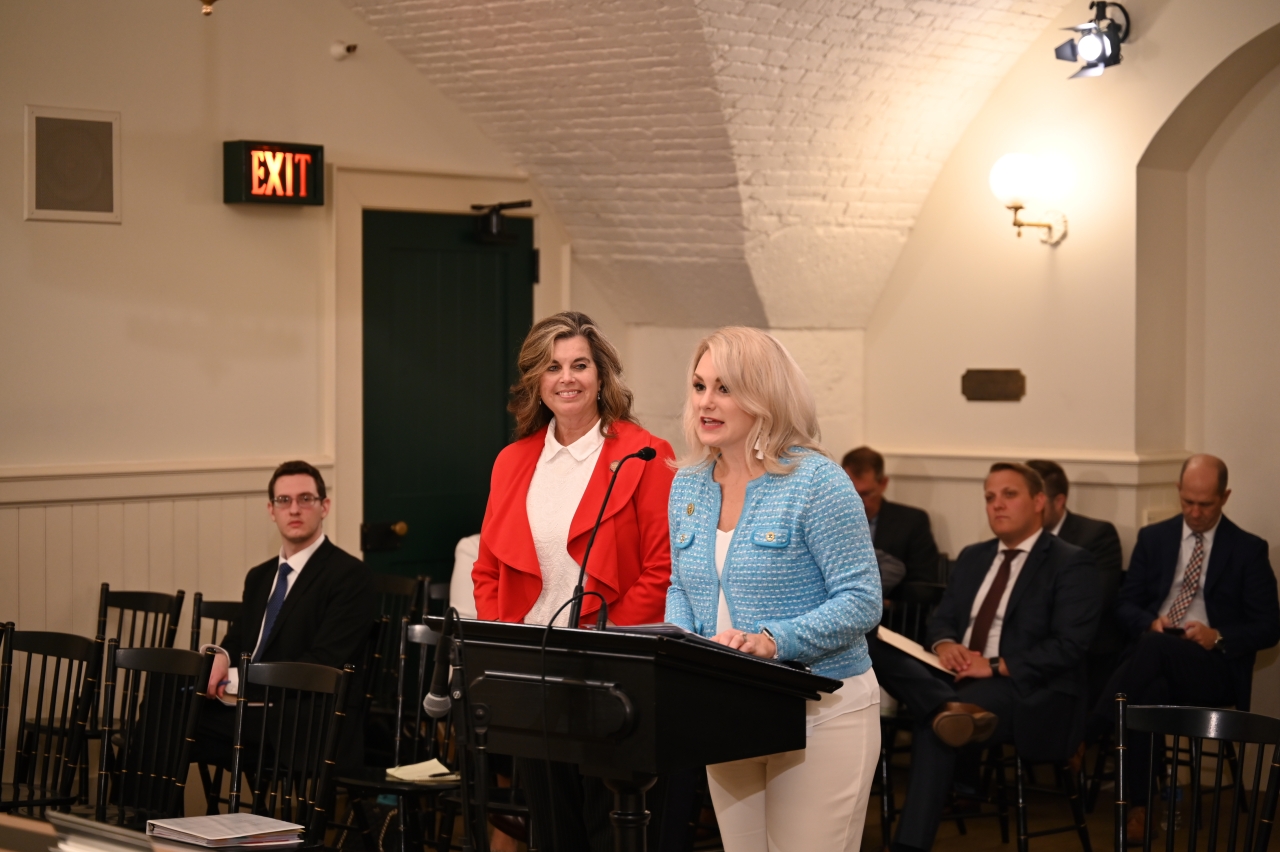Miller, Lear's 'The Never Alone Act' Gets First Hearing

State Reps. Melanie Miller (R-City of Ashland) and Beth Lear (R-Galena) spoke at the first hearing for legislation they have introduced, House Bill 236, “The Never Alone Act.” The bill ensures every patient has access to an advocate to be with them in a hospital, nursing home or other congregate care setting - especially during a health emergency.
“We want to ensure that no patient is ever left alone when they are facing a vulnerable health situation,” said Miller. “Over the last three years, we have gained heightened awareness of the need for legislation that protects the right of a patient to have access to a loved one or advocate to act on behalf of their best interest while in a hospital or care facility.”
In learning from the COVID emergency when Ohioans were isolated from loved ones, the bill:
- Creates a right for patients and long-term care residents to have access to an advocate of their choosing so that they can be accompanied by a loved one who can advocate for their health needs if needed and be a familiar face of support.
- Requires care facilities to provide patients and residents with information about their right to select an advocate and have the advocate with them in the care setting; and
- Balances protecting the rights and interests of patients with the health and safety concerns of the care facilities by ensuring patients are not totally isolated from loved ones while simultaneously protecting the care facilities from specific risks and liabilities.
Lear outlined these details of the bill during the committee hearing and noted the importance of protecting these patients.
“While the need for an advocate became obvious during COVID, it remains clear that patients and residents need access to loved ones whenever they are in a vulnerable healthcare situation,” Lear said. “We simply want to ensure no one is forced to suffer or die alone ever again. We must protect our most vulnerable citizens during a healthcare crisis.”
House Bill 236 now awaits its second hearing.




